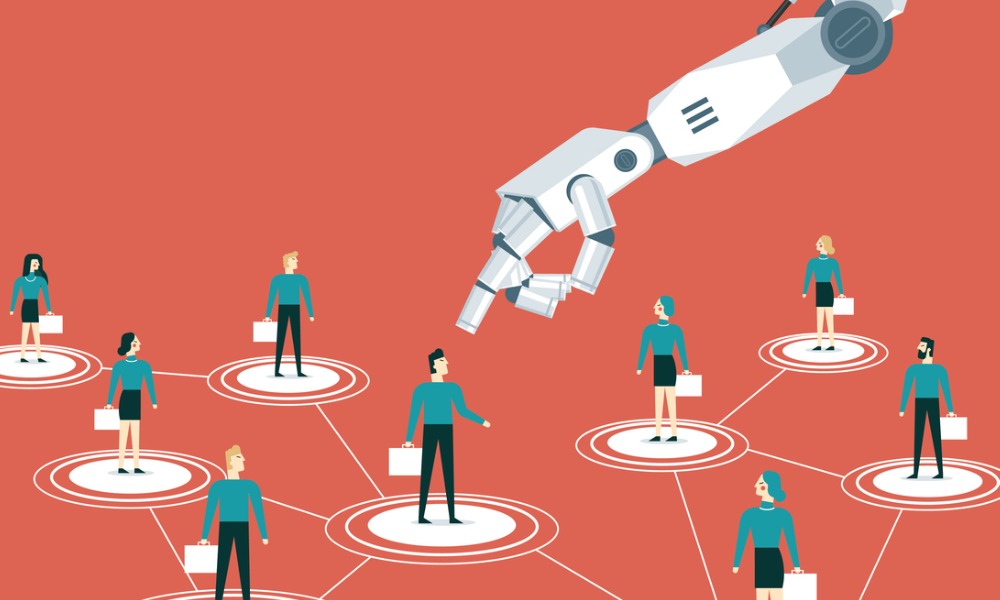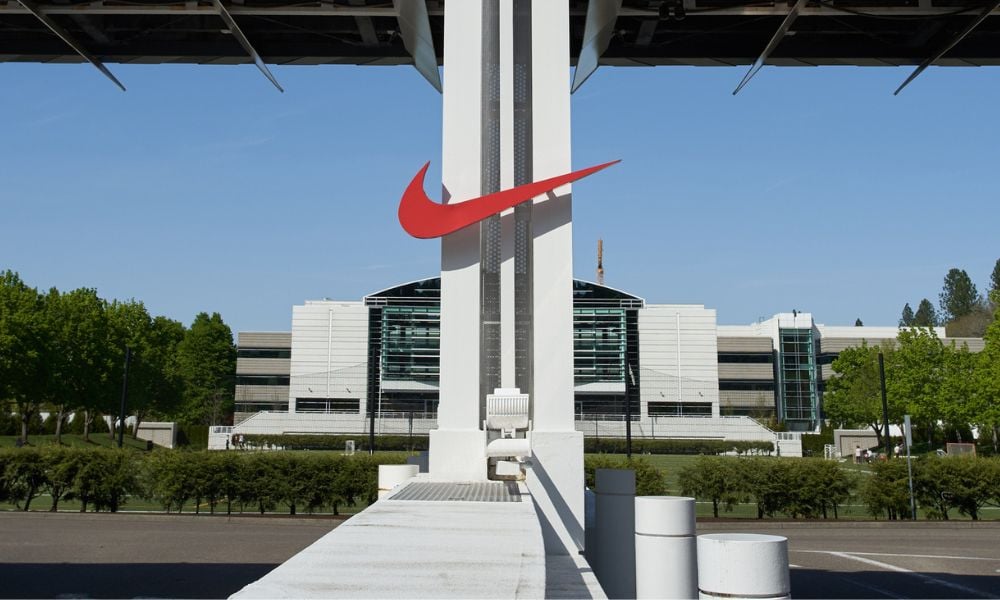The CHRO of a global financial services company spoke to HRM about how the company turned the traditional structure of mentoring on its head
Mentor programs often pair senior leaders with promising young talent so they can pass on their wealth of knowledge and experience – but one global company turned the idea on its head with incredible results.
“About three years ago, our company was really driving to get our employees more comfortable using social media,” says MasterCard CHRO Ron Garrow. “As a company, we were leveraging it a whole lot more and our communications team was really championing that.”
One specific employee group really got behind the push, says Garrow.
“The YoPros could see what communications was doing to try and help employees get comfortable in using social media and they were the ones that took the idea of reverse mentoring and brought it to life,” he reveals.
Made up primarily of millennials, the YoPro group is just one of several business resource groups operating within MasterCard’s workforce – the Women’s Leadership Network and Workers with Accumulated Valuable Experience (WAVE) are just two other examples.
Garrow himself was quick to sign up to the reverse-mentoring initiative.
“I wanted to get more comfortable on the social media tools,” he told HRM. “I also felt that, with this new generation coming into the workplace, they are very social and I wanted to know how I could get better connected to them – not only our employees but prospective individuals that would want to join the company.
“Frankly, I wanted to better understand how they consume information and how might they consume HR programs and services so that I could, as a CHRO of a global Fortune 500 company, do a better job of driving a consumer-driven HR organization,” he added.
The global program has proved popular with over 300 professionals benefiting from the initiative.
“It is across the globe but we’re not forcing it – it’s an organic program, we don’t put a lot of structure around it because we know that it’s got to work at the individual level,” says Garrow.
He’s not the only C-suite exec to pair up with a more junior employee – MasterCard’s CFO Martina Hund Mejean and president of international Anne Hund Mejean have both leveraged the reverse mentoring network to help them get more comfortable using social media.
“I definitely learned a lot,” stressed Garrow. “I realized that once you’re out there you have to be actively engaged and you have to be responsive.
“I used to be on LinkedIn but I would check it every Friday morning, I would respond to all messages but what I realized was that I can’t be out on LinkedIn and be casual – it’s got to be part of who I am,” he added.
“It’s really helped me think about how to engage with this generation that is very social, they use their devices in such a different way than I did growing up and Rebecca (Ron’s mentor) really made me think about how I engage with our own employees. How HR is viewed, how employees consume our HR programs and services – she really opened my awareness on that.”
Of course senior leaders aren’t the only one to benefit from the disrupted mentorship model.
“It definitely benefits YoPros as well,” says Garrow – from career advice and improved confidence to establishing a connection with a senior leader and getting their own ideas heard.
“She would definitely tell you that there were benefits she got out of it by virtue of being a reverse mentor,” said Garrow, who added the initiative has also broken down barriers for Hund Mejean and Cairns, opening up new relationships in different ways.
“I think it’s very powerful, I really do,” he added. “I wish companies could do more of it.”
“About three years ago, our company was really driving to get our employees more comfortable using social media,” says MasterCard CHRO Ron Garrow. “As a company, we were leveraging it a whole lot more and our communications team was really championing that.”
One specific employee group really got behind the push, says Garrow.
“The YoPros could see what communications was doing to try and help employees get comfortable in using social media and they were the ones that took the idea of reverse mentoring and brought it to life,” he reveals.
Made up primarily of millennials, the YoPro group is just one of several business resource groups operating within MasterCard’s workforce – the Women’s Leadership Network and Workers with Accumulated Valuable Experience (WAVE) are just two other examples.
Garrow himself was quick to sign up to the reverse-mentoring initiative.
“I wanted to get more comfortable on the social media tools,” he told HRM. “I also felt that, with this new generation coming into the workplace, they are very social and I wanted to know how I could get better connected to them – not only our employees but prospective individuals that would want to join the company.
“Frankly, I wanted to better understand how they consume information and how might they consume HR programs and services so that I could, as a CHRO of a global Fortune 500 company, do a better job of driving a consumer-driven HR organization,” he added.
The global program has proved popular with over 300 professionals benefiting from the initiative.
“It is across the globe but we’re not forcing it – it’s an organic program, we don’t put a lot of structure around it because we know that it’s got to work at the individual level,” says Garrow.
He’s not the only C-suite exec to pair up with a more junior employee – MasterCard’s CFO Martina Hund Mejean and president of international Anne Hund Mejean have both leveraged the reverse mentoring network to help them get more comfortable using social media.
“I definitely learned a lot,” stressed Garrow. “I realized that once you’re out there you have to be actively engaged and you have to be responsive.
“I used to be on LinkedIn but I would check it every Friday morning, I would respond to all messages but what I realized was that I can’t be out on LinkedIn and be casual – it’s got to be part of who I am,” he added.
“It’s really helped me think about how to engage with this generation that is very social, they use their devices in such a different way than I did growing up and Rebecca (Ron’s mentor) really made me think about how I engage with our own employees. How HR is viewed, how employees consume our HR programs and services – she really opened my awareness on that.”
Of course senior leaders aren’t the only one to benefit from the disrupted mentorship model.
“It definitely benefits YoPros as well,” says Garrow – from career advice and improved confidence to establishing a connection with a senior leader and getting their own ideas heard.
“She would definitely tell you that there were benefits she got out of it by virtue of being a reverse mentor,” said Garrow, who added the initiative has also broken down barriers for Hund Mejean and Cairns, opening up new relationships in different ways.
“I think it’s very powerful, I really do,” he added. “I wish companies could do more of it.”





